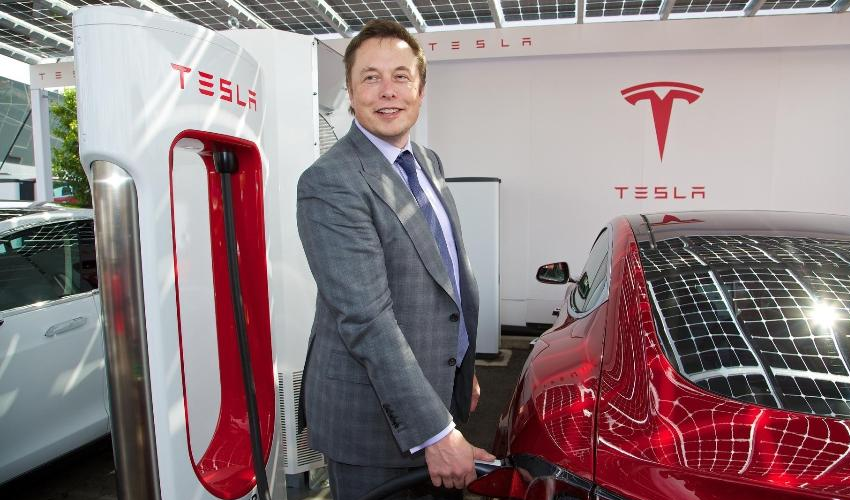The US Equal Employment Opportunity Commission (EEOC) has filed a lawsuit against Tesla, accusing the electric vehicle giant of violating federal law by allowing pervasive racial harassment and subjecting Black employees.
This legal action follows several other cases against Tesla, highlighting the company's ongoing struggle with racial bias in its workplace.
The California Civil Rights Department initiated a lawsuit against Tesla in 2022, raising similar allegations of racial discrimination. In April of the same year, a jury ordered Tesla to pay $3.2 million in damages to a Black former worker, Owen Diaz, after finding the company responsible for severe racial harassment at its Fremont assembly plant.
Escalating Tensions
The EEOC's lawsuit alleges that Black employees at Tesla's factory have endured "severe or pervasive racial harassment" and a hostile work environment dating back to at least 2015.
Shockingly, the filing provides specific instances of stereotyping and hostility, including derogatory terms like "lazy," "smelly," and "always late." Even more disturbing, employees claimed to have endured racial slurs and epithets, including variations of the N-word, "monkey," "boy," and "black bitch."
These offensive terms were reportedly used casually and in high-traffic areas within the workplace.
The lawsuit also unveils disturbing incidents of racist graffiti found throughout the factory, including KKK epithets, swastikas, and explicit threats against Black individuals.
These offensive messages were discovered on various surfaces, including desks, elevators, and even on production equipment, sending shockwaves throughout the workforce.
Management's inaction
Despite reports of racially offensive conduct, supervisors and managers allegedly failed or refused to intervene. Black employees reported these incidents to Tesla's human resources, employee relations, and managerial personnel, but the company allegedly neglected to take adequate steps to address the behavior.
Furthermore, Tesla is accused of terminating Black employees shortly after they reported or opposed racial harassment, which raises serious concerns about retaliation.
Legal Violations
The EEOC's lawsuit contends that Tesla violated Title VII of the Civil Rights Act of 1964, as amended in 1991. This act obliges employers to rectify unlawful practices based on race and provide appropriate relief to affected individuals.
Notably, Tesla disbanded its press department in 2020 and could not be reached for comment regarding the lawsuit.
The EEOC is requesting a jury trial and seeks an order for Tesla to pay damages to the aggrieved individuals, along with fines for violating the law.
Additionally, the agency is urging the court to grant a permanent injunction against Tesla's management, which allegedly tolerated racism, and to mandate that Tesla institute policies to remedy the situation and protect Black workers in the future.
The lawsuit, titled EEOC v Tesla, Inc., Case No 4:23-cv-04984, was filed in the U.S. District Court for the Northern District of California. This legal action is expected to draw considerable attention as it unfolds, with potential implications for workplace discrimination cases across industries.
Tesla, once a pioneer in the electric vehicle sector, now faces a formidable legal battle to address deeply rooted issues of racial discrimination within its organization.



























